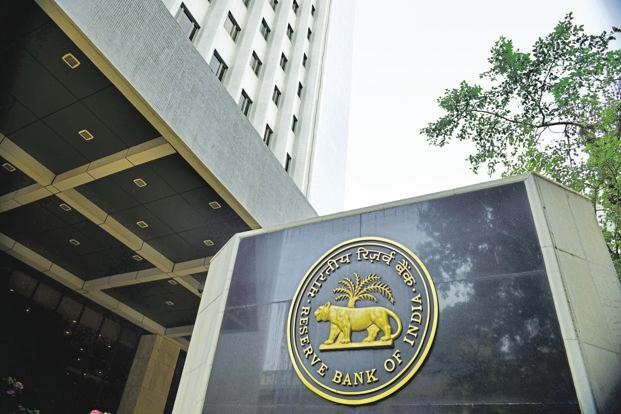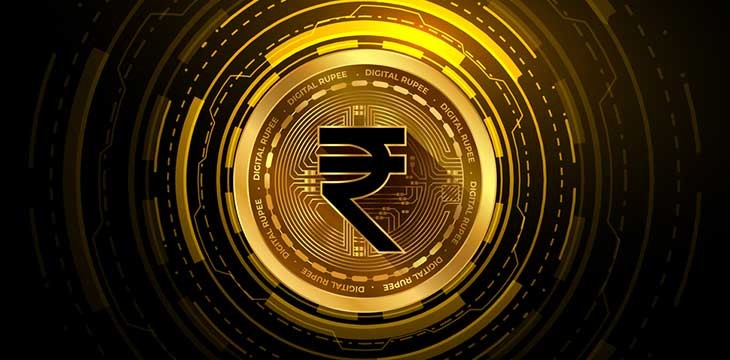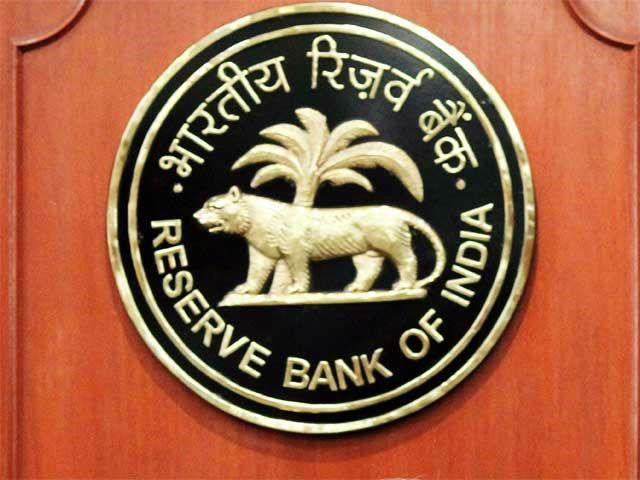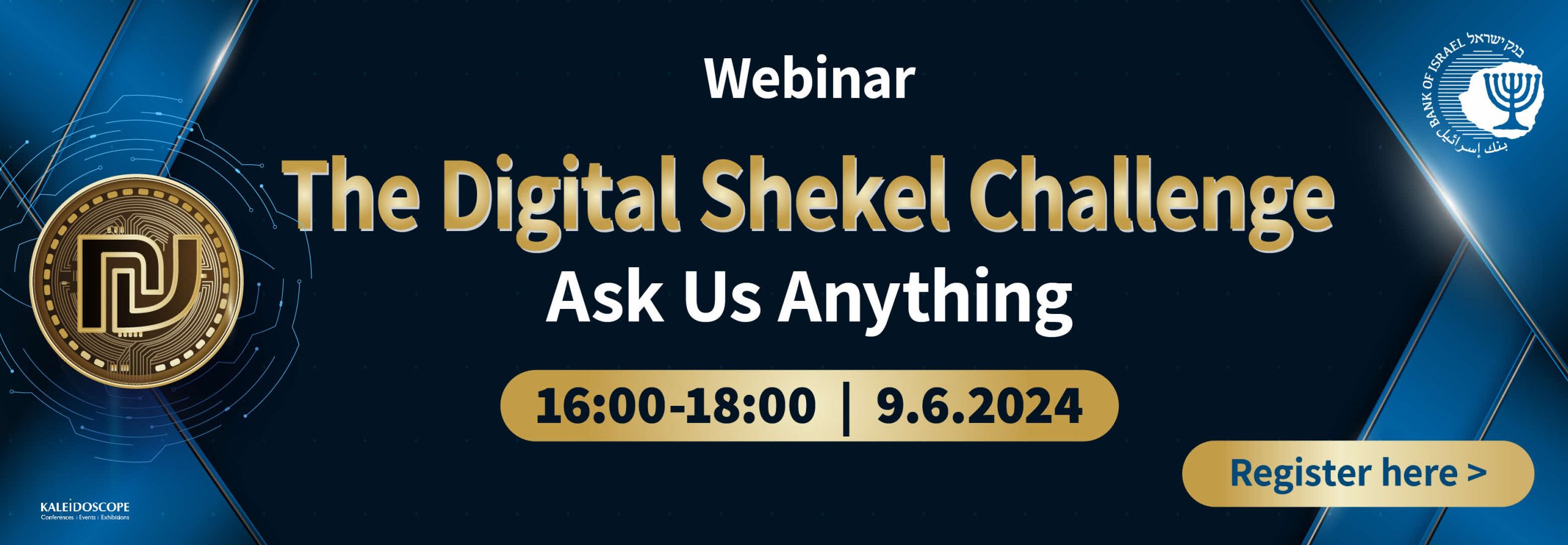In a groundbreaking stride toward financial innovation, India has emerged as a front-runner in the global race to develop and implement a Central Bank Digital Currency (CBDC). The Reserve Bank of India (RBI), the nation’s central bank, has embarked on an ambitious journey, collaborating with key financial institutions for the trial run of its blockchain-based digital rupee. This digital foray has already reached 1.5 million users, heralding a new era in India’s monetary landscape.

The RBI’s vision for the digital rupee is not to supplant traditional currencies but to complement existing forms of money, offering users an additional avenue for seamless transactions. With the aim of reaching one million daily transactions, the RBI envisions the CBDC as a versatile tool, providing financial accessibility even in remote locations with the innovative use of offline features.
The first pilot phase of the digital rupee, initiated on November 1, 2022, in the wholesale segment, witnessed the participation of nine prominent banks, including State Bank of India, HDFC Bank, and HSBC. This marked a significant step towards integrating the digital rupee into the secondary market transactions of government securities.

Following this, the retail digital rupee pilot took off on December 1, 2022, allowing users to engage in transactions through digital wallets provided by participating banks, stored conveniently on mobile phones or other devices. As programmability features come into play, the potential for innovative payment solutions and cross-border transactions is poised to soar.
Rohan Sharan, founder and CEO of Timechain Labs, highlighted in an exclusive interview with CoinGeek, “Once programmability comes in, that’s when more innovative types of payments that we have been talking about, and cross border payments in particular, will become prominent with the CBDC.”
In a bid to expand the digital rupee’s global footprint, the RBI has initiated discussions with the Hong Kong Monetary Authority (HKMA), the U.S. Federal Reserve, and SWIFT, the international payment platform, to explore possibilities for cross-border payments using CBDCs. A dedicated working group has been assembled for these high-stakes discussions.
Furthermore, the RBI is exploring avenues to introduce the digital rupee in the call money market, intending to leverage CBDCs as tokens for call money settlement. This move holds immense potential in the Indian money market, where call money plays a crucial role in allowing banks to earn interest on surplus funds.
India’s retail giant, Reliance Retail, has taken a bold step into the future by partnering with ICICI Bank, Kotak Mahindra Bank, and Innoviti Technologies to facilitate in-store digital rupee payments. Led by the visionary Mukesh Ambani, Reliance Retail has become the largest Indian firm to adopt the nation’s CBDC, signaling a paradigm shift in mainstream acceptance.
To encourage widespread adoption, banks such as HDFC Bank, Yes Bank, and IDFC First Bank are rolling out incentives, including cash-backs and reward points, to promote digital rupee transactions among users.
Beyond the realm of finance, India is witnessing a remarkable shift in its approach to blockchain technology. While the federal government maintains a cautious stance on cryptocurrencies, several provincial governments are embracing the immutability of blockchain for diverse applications.
From securing land records to introducing an online portal for lodging police complaints, the decentralized nature of blockchain is finding resonance in administrative processes. This shift is particularly noteworthy in a country known for its reliance on extensive paperwork for record-keeping and administrative tasks.
Finance Minister Nirmala Sitharaman emphasizes the transformative potential of blockchain, stating, “[Blockchain] gives us so many options. It can be used in so many different ways. So we are not against the technology.” This forward-thinking approach is reflected in Uttar Pradesh, where the Firozabad police unit launched an online complaint portal, policecomplaintonblockchain.in, utilizing blockchain’s immutability to ensure the transparency and integrity of lodged complaints.
As India navigates the intricate intersection of digital currencies and blockchain technology, the nation is setting a precedent for others to follow. With a burgeoning interest in CBDCs and a growing inclination toward blockchain adoption, India is poised to shape the future of finance and administration in a world increasingly driven by digital innovation. The journey of the digital rupee is not merely a financial evolution for India; it is a testament to the nation’s prowess in embracing the transformative power of technology.



